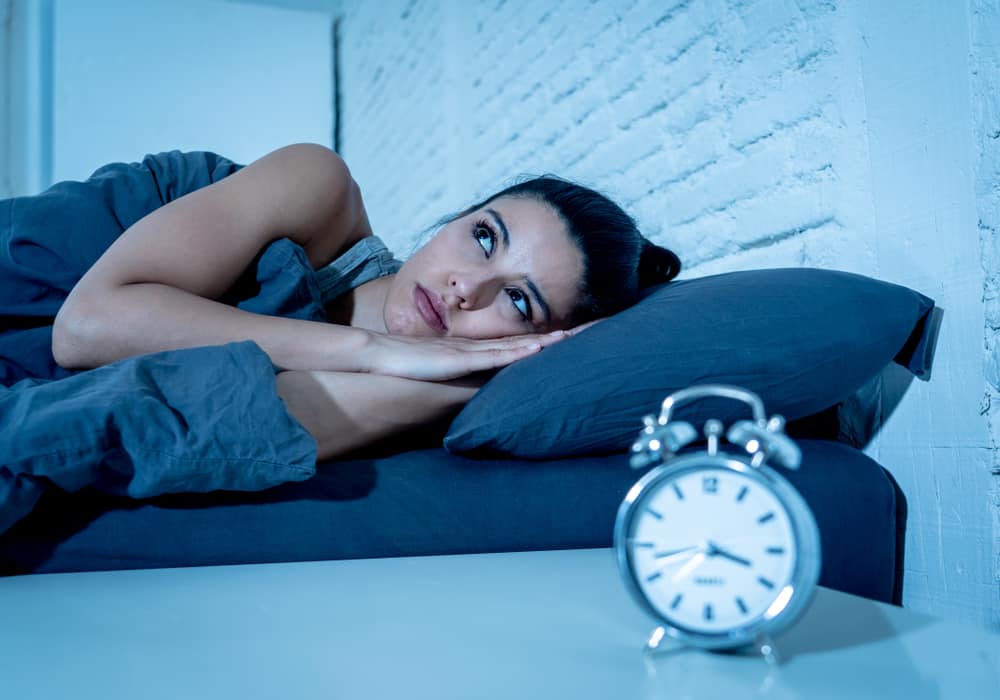Insomnia affects nearly one out of every four Americans. Losing a night of sleep can have a significant impact on a person’s health, mood, and functionality — and the consequences compound for people who struggle with insomnia frequently.
If you have many restless nights, Dr. Lynne Ahn, a board-certified gastroenterologist, shares some of her most useful suggestions for overcoming insomnia so that you can get six to eight hours of quality sleep:
Continue reading “What Keeps You Up at Night? Ways to Conquer Insomnia”




